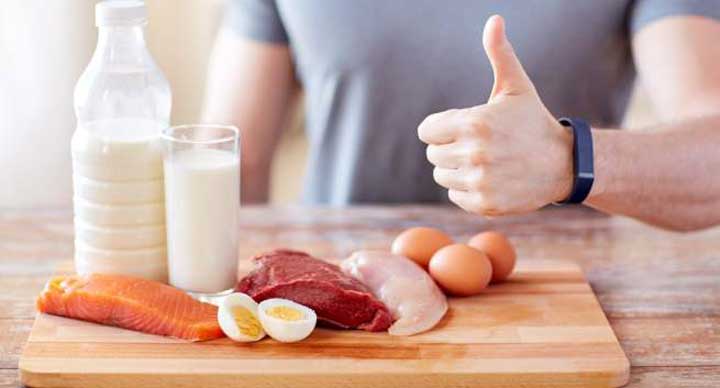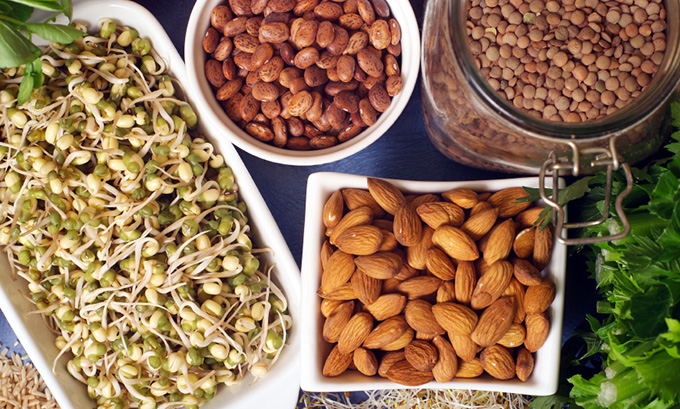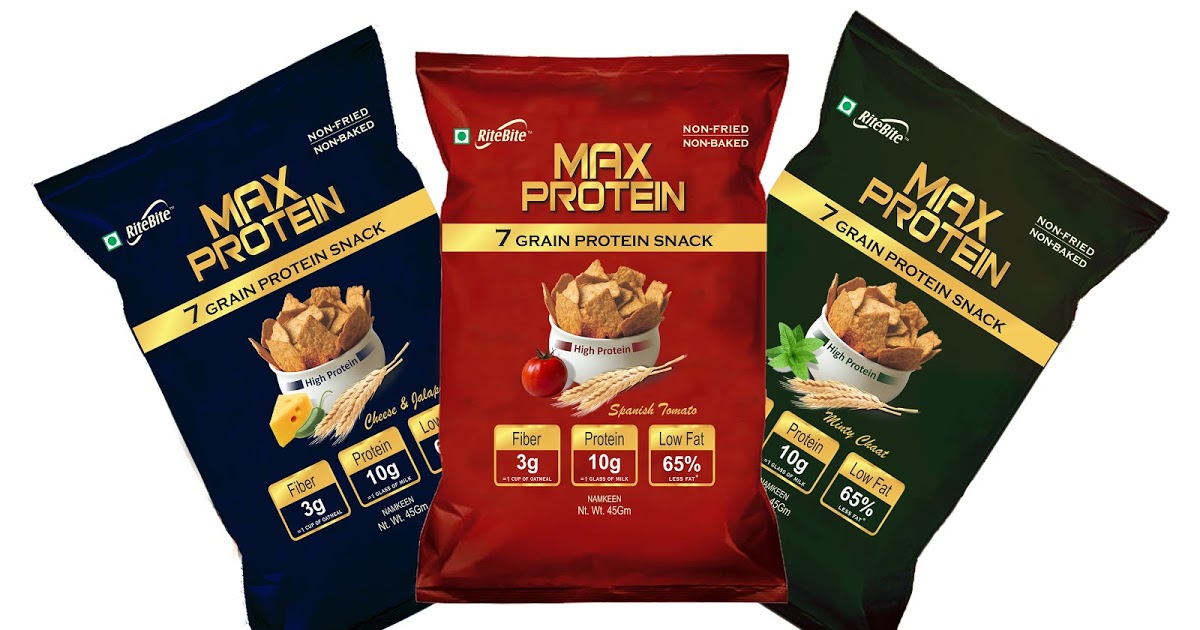Health
Decoding The Protein Diet With Celebrity Trainer, Vinod Channa
A majority of the Indian population is vegetarian, so it’s no surprise that protein deficiency is a major concern in India.
Protein is an essential building block in the human body; it is part of the make-up of skin, muscles, organs and glands. More and more health and nutrition experts are advocating a high intake of protein over other food groups like carbohydrates and fats – protein shakes and supplements have never been more popular.
Vinod Channa on Protein
Celebrity trainer, Vinod Channa ,who has worked with a collection of stars including John Abraham and Shilpa Shetty is of the firm opinion that protein deserves a good amount of attention.

“Protein is the first resort for weight management. Protein helps regulate appetite and cravings by enhancing the feeling of fullness for longer after a meal or snack. Protein helps curb hunger, build lean muscle (mass) and reduce muscle (mass) loss when you work out. Protein is thereby essential to build and maintain muscle mass. Your body uses protein to build and repair tissues and make enzymes, hormones and crucial body chemicals”, he says.
He continues by discussing appropriate amounts of protein for various body types and lifestyles, saying ““One of the essential characteristics of a balanced diet is the correct amount of protein. The amount of recommended daily protein depends upon multiple factors- your age, whether you are growing or pregnant or lactating and the level of your activity are some of the things affecting your protein input. As a general rule of thumb, an average active adult should consume 0.8 gms * body weight of protein, subject to the selection of excellent quality of protein. Two to three servings of protein-rich food will meet the daily needs of most adults. The body requires a regular supply of protein. Unlike carbohydrates and fats, the body does not store it to be drawn from a reservoir, when running low.”
Non-Vegetarian Protein Sources
So where do you get your daily protein quote from? Non vegetarians have it relatively easy; protein is abundant in red meats, poultry and fish. Turkey and chicken have a large amount of protein, with approximately 30 grams for every 100 grams. Other meats like pork loins and lean beef also have a good amount of protein with 25 grams and 36 grams for every 100 grams respectively. Fish such as halibut, salmon and tuna also have high protein counts; every 100 grams contains approximately 26 grams of protein.
Vegetarian Protein Sources
Unlike with meats, protein does not occur naturally in much of the vegetarian diet, so an individual has to consciously include protein rich foods in his diet each day. Dairy is extremely rich in protein; cheese contains 32 grams for every 100 grams while yogurt and milk contain 6 grams of protein for every 100 grams. Nuts and seeds should also feature heavily in your diet as they contain approximately 33 grams of protein for ever100 grams. Other sources include tofu, soy beans avocado and chick peas. In the Indian diet, dal is an excellent source of protein.
Protein on the Go
If you don’t have the time or inclination to consciously include natural protein sources into your diet, fret not. There are several protein bars and supplements on the market that will ensure you get your daily quota. Naturell India offers a range of protein fortified snacks including RiteBite Max Protein, which are protein chips available in cheese and jalepeno, Spanish tomato and minty chaat flavours as well as Protein bars in an assortment of flavours like choco fudge and honey lemon.
“If eating protein chips, protein bars and such other snacks available in the market add nutritive value then they are a great option to satisfy your food cravings”, comments Channa.
Therefore, with the choice of both natural and packaged protein sources, protein deficiency need not be a problem in your life.























